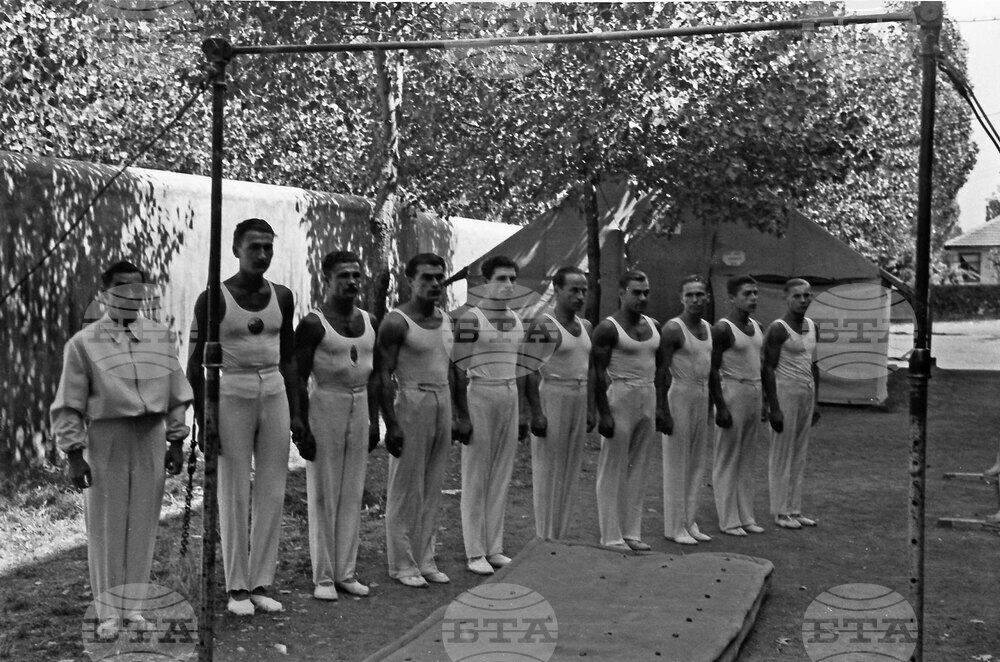site.btaJuly 11, 1935: Eighth Yunak Festival Opens in Sofia, Marking a Thaw in Bulgarian–Yugoslav Relations


On July 11, 1935, the Eighth Yunak Athletics Festival was opened in Sofia. The event was organized by the Yunak Union of Gymnastics Societies and lasted until July 14.
"Yunak" is the Bulgarian word for "hero" or "brave youth" and it was the name of a gymnastics and physical culture movement that emerged in Bulgaria in the late 19th century, modeled after similar movements in Central and Eastern Europe, such as the Sokol movement in Czech lands. The movement aimed to promote physical fitness, patriotism, discipline, and moral values through organized physical training, sports competitions, and public displays like parades and gymnastics festivals or conventions. That was part of national identity-building in post-Ottoman Bulgaria. It was seen as a way to strengthen the body and spirit of the nation, especially youth, and was considered crucial to preparing citizens for both civic life and national defense. Activities included gymnastics, athletics, team sports, and ceremonial drills.
According to the Jubilee Collection of the Yunak Union (1898–1938), 128 Yunak societies participated in the festival - 47 urban and 81 rural, with around 9,000 participants dressed in Yunak and traditional folk costumes. As foreign guests, the event welcomed a record 6,000 members of Yugoslavia's Sokol, an equivalent sports and cultural organization in Yugoslavia, 310 participants from Czechoslovakia, and 400 Russian migrants living in Bulgaria and Yugoslavia.
The sports and cultural events took place at the Yunak stadium in Sofia, which was completely renovated for the occasion, with new grandstands and other infrastructure.
The festival began at 6:00 a.m. on July 11 with the first gymnastics competitions. On the following day, July 12 at 9:00 a.m., a prayer service was held by Metropolitan Stefan of Sofia on the square in front of St. Alexander Nevsky Cathedral. The event was officially opened by Tsar Boris III, in the presence of the chairman of Yunak, Interior Minister Rashko Atanasov, the Governing Council of the Slavic Sokols Union, and 18,000 participants who marched in a ceremonial parade through the city center, concluding in front of the St. Nedelya Church.
During the four-day festival, competitions were held in football, handball, volleyball, athletics, artistic gymnastics, and included complex routines and choreographed performances.
The Eighth Yunak Festival was the largest and best-organized one since World War I. It brought about a thaw in Bulgarian–Yugoslav relations, which had been strained during the interwar period, and more broadly to cultural rapprochement among Slavic nations. The Yugoslav press responded positively, highlighting many examples of Bulgarian hospitality.
/NF/
news.modal.header
news.modal.text